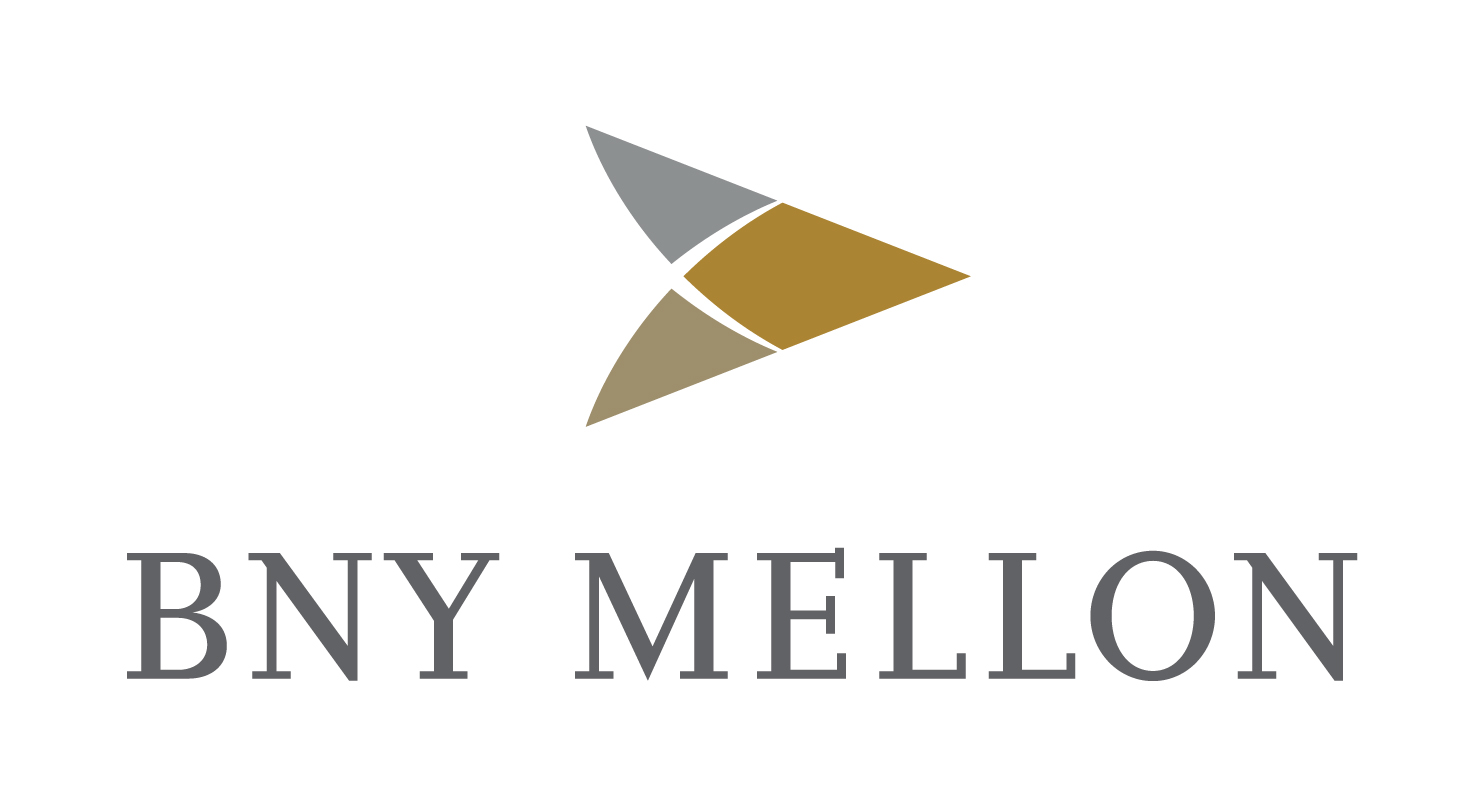
The global downturn has provided bankers with a useful reminder of the solid income to be generated from providing core products. But there is a cost. PAUL MELLY reports.
Competition and diversity make for a lively banking market in the United Arab Emirates which, despite the financial crisis of 15 months ago, remains a critical hub of business and financial activity in the Middle East.
While Dubai is the commercial centre, with a growing international profile, Abu Dhabi is also a force to be counted in institutional terms, with some of the strongest banks in the Gulf region. Meanwhile, the federal structure of the UAE has spawned the emergence of banks based in the smaller emirates who are significant players in the overall national market. In such a context, both local players and the offshoots of big foreign banking groups vie fiercely for business. In the present post-recession climate, private sector demand for credit remains sluggish and banks are hoping that the ambitious project plans of the federal and abu dhabi emirate governments will generate new early lending opportunities. But in the longer term, there seems little doubt that the commercial economy will recover its habitual vigour, although it will probably be less reliant on real estate than before the downturn. It is the openness and diversity of the Uae business scene that creates such a wide range of opportunities for banks and which also requires them to constantly raise their game in the provision of core services. Investment and project financing activity is developing, but a central theme of the market is demand for basic products such as retail banking, trade finance, foreign exchange, money transmission and cash management. During the boom years – when property lending appeared to offer the quickest route to big earnings – some banks gave less attention to these routine services. The downturn has provided a useful reminder of the solid income to be generated from the provision of core banking products to the host of small and medium sized businesses in the Uae as well as large public and private sector clients and the many international companies active in the country. Cash management is a key priority for many customers.
But in the electronic era the bar is set high: in order to offer customers fast and reliable on-line services to manage their cash, banks have to invest heavily in the necessary information technology, and not all local players have had the resources to do this. “Emirati corporates require account services which include inward and outward remittances, cheques, Transfers, Payments, Collection and Trade advisory services. Local businesses are also increasingly initiating and managing their transactions online and the awareness is growing,” says samir sahu, head of transaction banking at Emirates NBD.
This may place some of the larger banks at an advantage. For almost five years now Emirates NBD has been offering an electronic service through which customers can manage payments and receipts, make transfers and set up direct debits.
“Cash management is one of the key growth areas at Emirates NBD. In today’s environment, cash management solutions are indispensable tools for companies to improve liquidity and enhance returns by using just in time information and executing “straight through processing” (STP) transactions. emirates NBD has been in the forefront in providing cash management solutions to its corporate customers,” says sahu.
“Emirates NBD offers a wide range of domestic and international Cash Management services. These solutions cover – account Information services, Payments, Collection, Trade services, Pooling and sweeping to name a few. Our platform offers a single interface to the customers to perform a wide range of banking transactions online 24x7x365 days a year.
“Emirates NBD also facilitates access to real time information and STP transactions that integrate with customer’s accounting and reporting system. With more than 130 branches and more than 705 ATMs / cash deposit machines spread across the UAE, we service a diverse client base spread across local business, multi-national corporations and financial institutions.”
Meanwhile Standard Chartered, one of the big foreign names operating in the Uae, has been providing a web-based cash management service for corporate and institutional clients since last summer. This service enables its clients to open downstream customer bank accounts online; it is a service well suited to the needs of property managers, securities brokers, portfolio managers, law firms and even aviation and logistics companies.
Introducing the service, stanchart’s head of UAE transactional banking, Haytham El-Maayergi, explained that both customers and regulators wanted banks to provide cash management systems that combined more transparency with better security.
Other major foreign banks are also making the most of their clout and group resources to offer top-of-the-range cash management to the UAE market. This was one of the services announced by deutsche Bank when it opened its first Abu Dhabi branch last year.
HSBC is also making a vigorous push for business. It points out that both regulations and business conditions in the banking market evolve rapidly and the bank’s specialists need to monitor these changes constantly. This is, of course, another factor that favours larger, well-resourced institutions.
Access to such international expertise may be one reason why Abu Dhabi Commercial Bank (ADCB) has recently agreed a strategic partnership with Bank of America Merrill Lynch.
Murali Subramanian, head of transaction banking at ADCB, says the bank will continue to invest strongly in capability and talent in transaction banking, given its strong client base and deep relationships, and the importance of working capital optimisation for clients, as they seek more out of their banking relationship.
To cater for today’s demanding private and public sector markets, ADCB offers a wide range of cash management and trade products.
“We provide account services, payments and collections, liquidity management, and channels to provide real time visibility and control, to service over 35,000 corporate and institutional clients. For example, we offer escrow and agency accounts for various purposes including land escrow, where ADCB is one of the main players in the UAE market,” explains Murali. This is strongly complemented by proactive value added client service that considerably facilitates smooth interaction for the client with ADCB and meets flexibility needs that just a product solution cannot.
“Specialist payment services – such as dividend distribution – are a key strength. As is the management of liquidity by providing solutions to concentrate surplus balances, pool funds and allocate interest. ADCB is able to meet client needs beyond the UAE with solutions offered under the arrangement with Bank of America Merrill Lynch. “With a full service trade capability and value added client service, AD CB is well positioned to provide market leading solutions for the most demanding client’s needs.”
However, expertise and service capacity is certainly not the sole preserve of international players. Last May Abu Dhabi Islamic Bank fought off fierce foreign as well as local competition to secure the mandate to provide cash collection services for Etihad Airways, one of the UAE ’s fastest growing and most internationally oriented companies.
At a time when lending business looks less attractive, the case for developing more fee-based “transaction banking” activity is clear. First Gulf Bank (FGB) exemplifies those UAE banks that have followed this course.
“In the present market conditions, where assetbased business has high risks with low rewards, the importance of any non-fund based income has increased substantially,” explains group head of corporate banking George Abraham.
“FGB has taken a strategic decision to venture into the transaction banking space and provide customized and innovative state-of-the-art solutions catering to cash management, trade finance and supply chain needs of the customers,” explains Abraham.
Since 2008, the bank has developed a range of modern cash management services. These, says Abraham, “allow clients to manage their cash flows, maximize liquidity and provide interest benefits in secure environments while minimizing costs and operating expenses”.
Among FGB’s innovations is a service for remote cheque deposits, which helps companies to manage their receivables effectively. The bank has also focussed on the development of effective collections, payment and payroll services.
Abraham says that electronic-banking services are steadily gaining ground. But he nevertheless draws distinctions between the pace of development in different sections of the market.
“Government and semi-government entities have sophisticated treasury departments, which rely on electronic channels for managing their cash management and liquidity positions. Large corporate customers are following the footprint of government and semi-government entities and are migrating to electronic channels. However, small players are less aggressive in managing surplus liquidity and are more comfortable using paperbased instruments for transactions.”
At ADCB, Murali Subramanian explains that there is a clear difference in the UAE market between the requirements of privately owned businesses and those of the big public sector entities.
“Private businesses tend to be diversified trading and manufacturing operations, sometimes with regional and global interests. Many still tend to have centralised operations, with key decisions taken by the owner or the chief executive of the business. Their requirements from banks tend to focus more on information and service – daily statements, advices, and transaction details – than treasury optimisation.
“Having said this, there is an increasing drive amongst them to improve operational efficiency, and one indication is the introduction of ‘enterprise resource planning’ (ER P) systems at many of the businesses”. Major public sector corporates, explains Murali, already use modern strategic tools.
“Many have global investments, actively managed from a treasury and governance standpoint. Within the UAE , they tend to be vertically and horizontally active in their industries; and their rapid growth tends to spawn a range of business units, each independently pursuing its own global strategy.
“Central group treasuries are now looking to rationalise and centralise, implementing common systems whilst developing clear financial architecture for their group as a whole. They therefore tend to focus on real time consolidation of accounts for exposure and counterparty risk management, liquidity management of the diverse pools of liquidity across businesses, and automation and efficiency in payments and reconciliation.”
The banks’ enhancement of their own services has been paralleled by the development of national financial infrastructure. Until the end of 2009 local and interbank payments were handled through SWIFT.
But a domestic electronic network, with its own clearing system, has since been put in place. And an early move to multiple clearing cycles is planned and this will further speed up payments.
The UAE Funds Transfer System (UAE FTS), handling all local currency payments, has been set up as a first step towards “straight-through” processing of payment instructions. The Central Bank is planning to soon introduce the use of international bank account numbers (IBAN s) and it is considering the establishment of a central payment gateway for all banks in the country. Real time gross settlement is also likely to be introduced before long, and government is constantly improving the electronic dimension to its own provision of services. “The payment and settlement framework available in the UAE has seen a number of changes in the recent past and the UAE Central Bank has mandated the Wage Protection system, image-based clearing and the UAE Fund transfer system for bulk transfers. This is in addition to the availability of SWIFT transfers, UAE SWITCH etc,” says Samir Sahu of Emirates NBD.
“UAE Government departments are also moving toward e-initiatives and Dubai is at the forefront in that movement. This has meant that government departments and utility providers have developed websites which can be integrated with payment gateways to facilitate fee payment from bank accounts.”
 Cash And Trade Magazine For Cash and Trade professionals in the Middle East
Cash And Trade Magazine For Cash and Trade professionals in the Middle East




